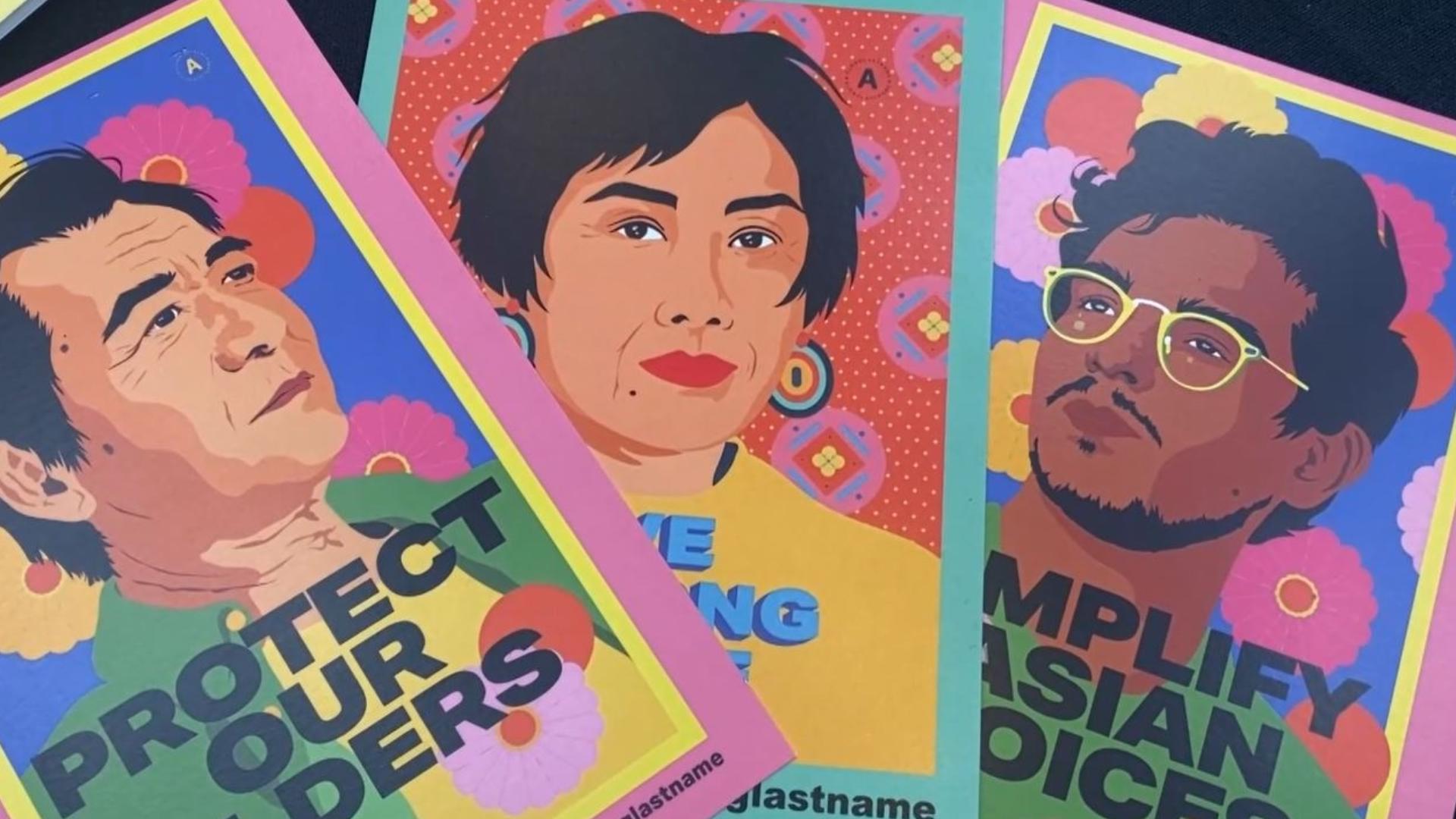ATLANTA — March 16, 2021, is a tragic date that haunts Atlanta’s Asian American and Pacific Islander community. Since then, the community has been working to progress and heal.
Three years ago, eight people, including six Asian women, were killed in shootings at three metro Atlanta spas. It sparked a resurgence of the Stop Asian Hate initiative. It's a movement that examines generational racism and racial injustice toward AAPI communities. Advocates say to keep the momentum, the initiative has also shifted to include a conversation about healing and what that means to AAPI individuals.
“Something's happening, and something's happening where people are suffering silently,” Daun Kwag, a mental health counselor, said.
Kwag identifies as Korean-American and joined the R.I.C.E clinic right after the 2021 tragic shooting. R.I.C.E, which stands for Research Institute for Counseling and Education, is a dedicated space meant to help those who identify with the AAPI community to unpack their mental health.
“The practice itself saw an incredible influx of people. Suddenly, we were putting people on a waitlist," Kwag said after the tragic event.
Her aim was to help give people the space to navigate their pain - whether directly tied to the tragic events or tied to feelings that had bubbled to the surface.
"I wanted a space like this for myself essentially growing up. I wish I could have had people who looked like me,” Kwag said.
Filmmaker Jeremy Thao said he found a solution - disrupt how people view Asians.
“I've really made it an effort to really amplify voices and stories and narratives from underrepresented peoples,” he said.
Thao, a proud Hmong-American, said racism can be very apparent or it can be subtle. No matter the degree, he emphasized it is always painful to experience.
“Asian American racism is so normalized in our society that there are often moments where people who are not Asian American can see or hear something and not even realize that it's racist,” he said.
Thao shared stories of those overshadowed by stereotypes on the big screen, impacting how they’re often perceived. He created a short film, "Wokman," which tells an authentic story about a Chinese family’s journey to achieve the American dream.
“A mentor told me that one of the most effective and immediate ways to combat this violence and hate was to share about our stories and share about our families and to humanize our people,” he said.
While he uses a production to tell those authentic stories, Kwag is hearing it directly.
“Mental health is also an invisible experience," she explained. "It's still something that is working to be recognized."
Kwag said people choosing to focus on their mental health should recognize it as a milestone.
“Admitting that there's something you can't get through by yourself or with the help of family is sort of already a foreign concept to a lot of people,” she said.
For Thao, he wants people to remember that though being human is a shared experience, everyone walks through life differently.
“When it comes to social justice, I think it's just being aware that we are not comparing hardships and not comparing what we're going through, but rather coming together as a collective group, making sure like, ‘Yo, dude, I hear you, man, but do you mind if I share a little bit about what I've been going through too?’” he explained.
Kwag said a big solution is for those experiencing hardship to explore mental health services to unpack the emotional journey. When she sees someone walk into the RICE clinic, she honors their courage and bravery to invest in their well-being.
Her message to anyone looking to heal from their life experiences is simple:
“The fact that you're even considering therapy is such a huge step, even considering that you need help and that you're deserving of help is such a big deal,” she said.
Those who would like to explore culturally competent counseling can see if RICE is a good fit by visiting its website here.

